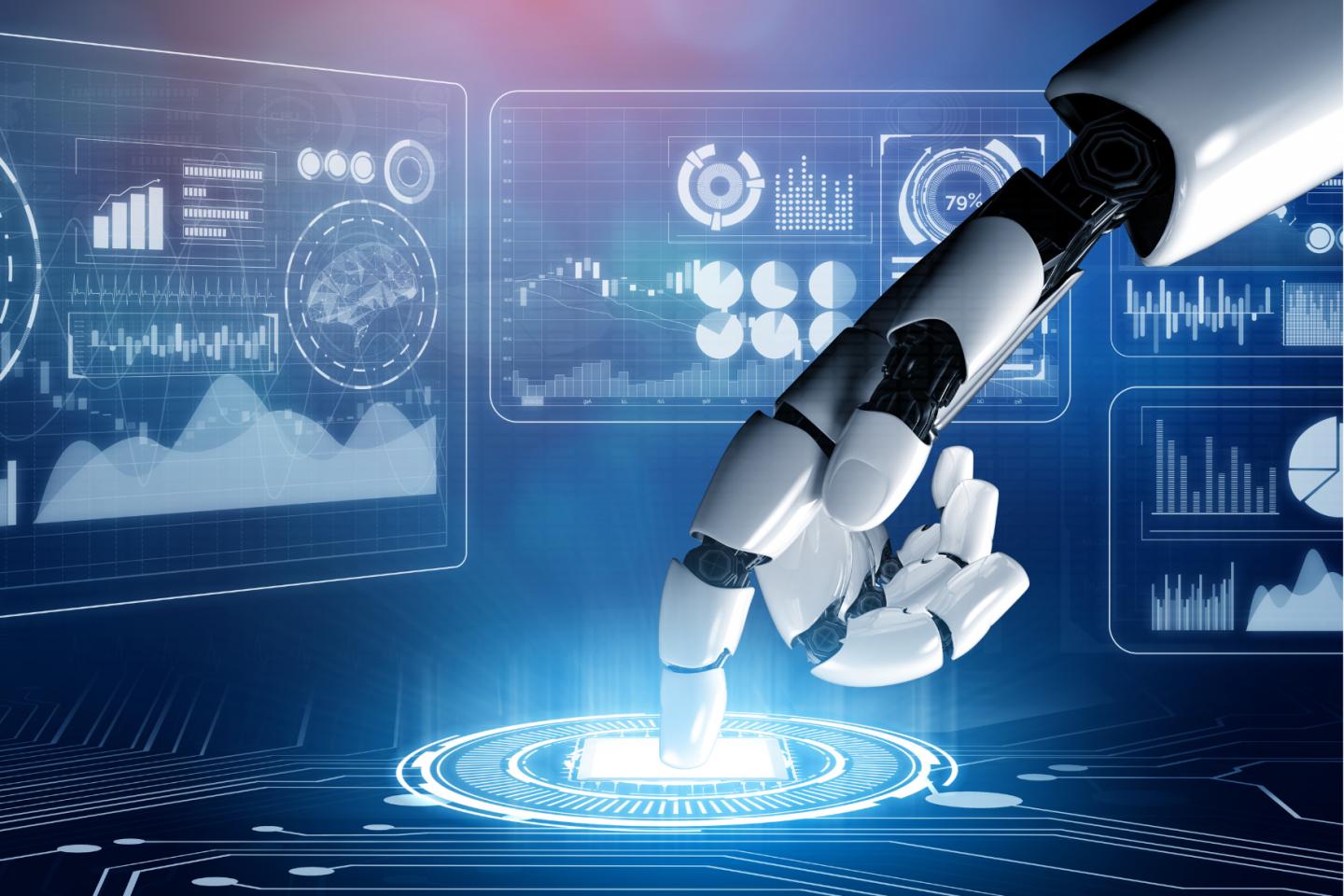
AI’s Impact on Society: A Double-Edged SwordAI’s Impact on Society: A Double-Edged Sword Artificial intelligence (AI) has emerged as a transformative force in our society, wielding both immense potential and significant challenges. Like a double-edged sword, AI’s impact cuts both ways, shaping our lives in profoundly positive and negative ways. Positive Impacts: * Enhanced Productivity: AI-powered algorithms automate tasks, streamline processes, and optimize decision-making, leading to increased efficiency and productivity in various industries. * Improved Healthcare: AI assists in disease diagnosis, drug discovery, and personalized treatments, enhancing patient outcomes and reducing healthcare costs. * Education and Research: AI-enabled learning platforms provide individualized learning experiences, while AI-powered research tools accelerate knowledge discovery. * Social Innovation: AI aids in addressing social challenges such as poverty, homelessness, and climate change by analyzing complex data and developing predictive models. Negative Impacts: * Job Displacement: AI automation can lead to job losses in certain sectors, particularly in fields involving repetitive or manual tasks. * Data Privacy Concerns: AI systems rely on vast amounts of data, raising concerns about data misuse, privacy breaches, and discrimination. * Bias and Discrimination: AI algorithms can inherit biases from the data they are trained on, perpetuating societal inequalities and reinforcing harmful stereotypes. * Ethical Dilemmas: AI advances raise complex ethical questions related to responsibility, autonomy, and the limits of human control over technology. Mitigating the Challenges: Addressing the challenges posed by AI requires a multifaceted approach: * Responsible Development and Deployment: Establishing ethical guidelines and standards for AI development and use is crucial to prevent unintended consequences. * Education and Training: Empowering individuals with AI knowledge and skills enables them to participate in the AI revolution and make informed decisions. * Job Reskilling and Upskilling: Investing in programs that equip workers with skills complementary to AI allows them to adapt to the changing job market. * Strong Regulatory Frameworks: Implementing clear regulations on data protection, bias mitigation, and ethical AI practices is essential to protect society. Conclusion: AI’s impact on society is a complex and ongoing story. While AI holds immense promise for progress and innovation, it also poses important challenges that require careful consideration. By balancing the benefits with the risks and addressing the concerns, we can harness the transformative power of AI while mitigating its potential negative effects. Only by shaping AI’s development and deployment in a responsible and equitable manner can we ensure that it becomes a force for good in our society.
Posted inNews